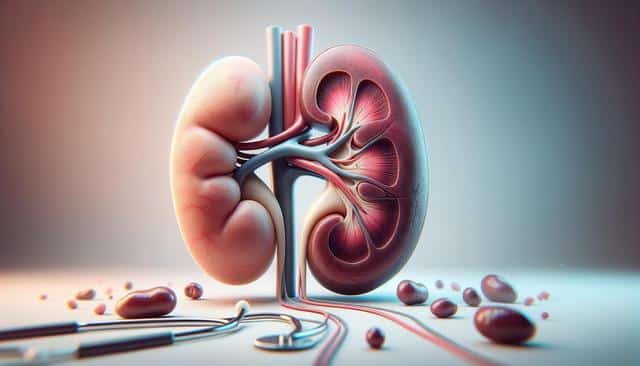Understanding the Importance of a Kidney-friendly Diet
Managing kidney failure effectively requires more than just medical treatment; it necessitates a conscious commitment to a kidney-friendly diet. This involves limiting or eliminating certain foods that can exacerbate the condition by putting additional strain on the kidneys. The primary goal is to reduce the buildup of waste products in the blood and to balance important nutrients. One key aspect of this diet is the regulation of protein intake, as excessive protein can lead to an increase in waste that the kidneys must filter. Patients are often advised to consume high-quality proteins in moderate amounts. Furthermore, sodium intake should be minimized to help control blood pressure and reduce fluid retention, both of which are crucial for maintaining kidney health.
Choosing Low-potassium Fruits and Vegetables
Potassium is a mineral that can build up to dangerous levels in the blood when kidney function is impaired. Therefore, selecting low-potassium fruits and vegetables is a critical part of a diet for kidney disease. Some excellent choices include apples, berries, grapes, and green beans. These options help maintain a balanced intake of essential nutrients while avoiding excessive potassium. It is also important for patients to be mindful of portion sizes and preparation methods, as cooking can alter the nutrient composition of foods. Steaming or boiling vegetables, for example, can help reduce their potassium content, making them safer for consumption.
Navigating Protein Choices
Protein is a necessary nutrient, but for those with kidney failure, it’s important to manage how much and what type is consumed. The question of ‘What should I eat to keep my kidneys healthy?’ often arises, and the answer involves focusing on high-quality protein sources. Options such as fish, poultry, and eggs are typically recommended due to their beneficial nutrient profiles. For those who prefer plant-based diets, incorporating beans and lentils with caution, considering their potassium and phosphorus content, is advised. Consultations with a dietitian can help tailor protein intake to individual needs while ensuring that nutritional requirements are adequately met.
Regulating Fluid and Sodium Intake
Fluid and sodium management is crucial for those with impaired kidney function. Excess fluid can burden the heart and contribute to swelling and high blood pressure, making regulation essential. Patients should monitor their fluid intake, including drinks and foods with high water content, such as soups and fruits. Sodium, often found in processed foods, should be limited to prevent fluid retention and hypertension. Reading food labels and opting for fresh foods over processed options can significantly aid in managing sodium consumption. Moreover, replacing salt with herbs and spices can enhance flavor without compromising kidney health.
The Role of a Balanced Diet in Kidney Health
A balanced diet plays a pivotal role in preserving kidney health and enhancing the quality of life for those with kidney failure. By focusing on a varied diet rich in low-potassium fruits and vegetables, moderate protein intake, and regulated fluid and sodium levels, patients can help manage their condition effectively. Maintaining a nutrient-rich diet not only supports overall health but also aids in mitigating the progression of kidney disease. Collaboration with healthcare providers and dietitians can offer personalized guidance tailored to individual needs, ensuring that dietary changes are both sustainable and beneficial.
Conclusion
For individuals facing kidney failure, dietary management is an essential part of their treatment plan. By adhering to a kidney-friendly diet, patients can significantly influence their health outcomes and quality of life. Careful selection of foods, such as low-potassium fruits and vegetables, and the regulation of protein, sodium, and fluid intake, can help maintain balance and prevent complications. With the right guidance and commitment, those living with kidney failure can navigate their dietary choices with confidence, ultimately supporting their kidney health and overall well-being.
